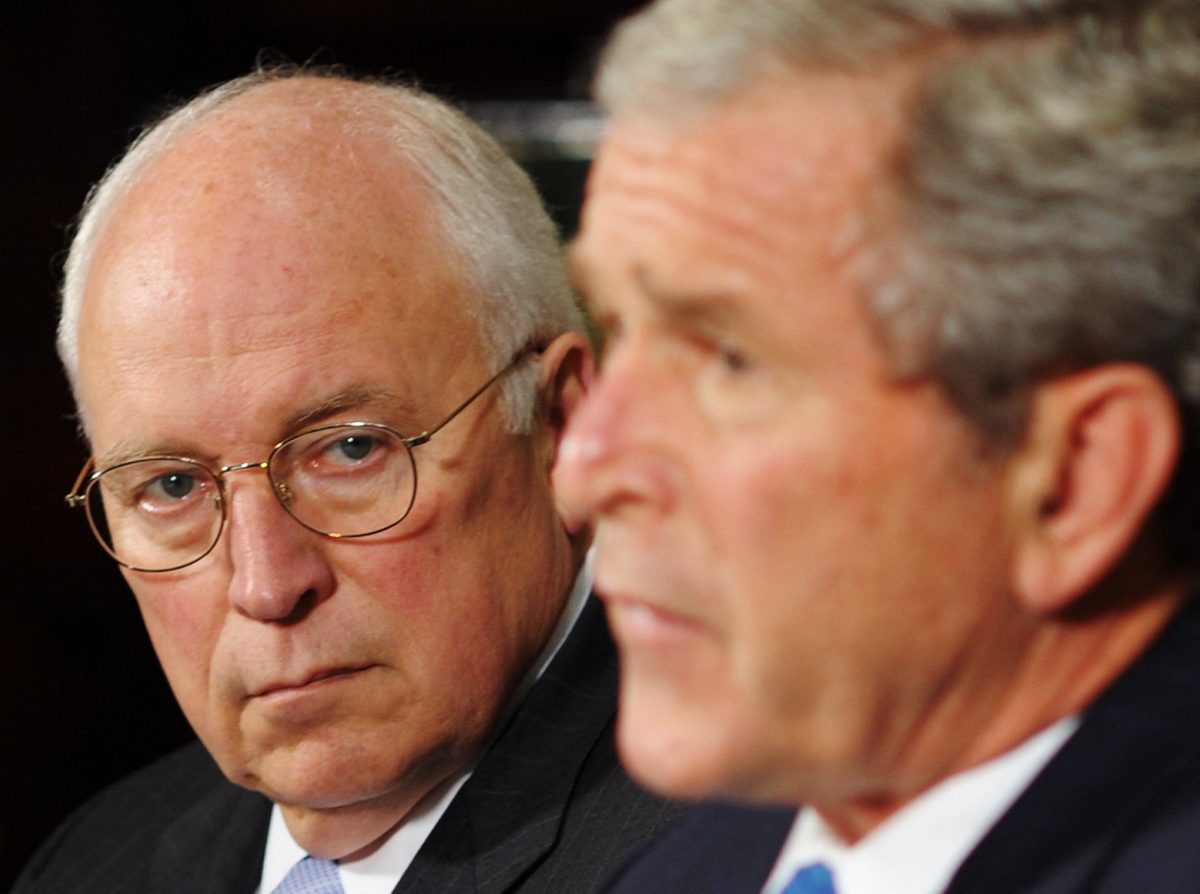Richard “Dick” Cheney, the former Vice President of the United States, left office in 2009 amidst significant controversy. Widely criticized as one of the main architects of the Iraq War, he faced backlash over the justifications that led to military action and the subsequent moral implications surrounding the use of torture during his tenure. More than a decade later, Cheney emerged as a prominent voice among Republicans opposing Donald Trump, marking a notable shift in his political narrative.
Cheney’s relationship with Trump deteriorated sharply during the 2015 Republican primaries. Trump condemned the Iraq War as a “big, fat mistake,” leading Cheney to respond that Trump “clearly doesn’t understand or has not spent any time learning the facts.” Despite their ideological differences, Cheney ultimately endorsed Trump, reflecting the complex dynamics within the Republican Party at the time.
Throughout Trump’s presidency, his “America First” agenda directly contradicted the principles championed by Cheney and the neoconservative establishment. Trump’s reluctance to engage in foreign military interventions resonated with many of his supporters, turning Cheney into a symbol of the past, associated with the costly and controversial Iraq War. The war resulted in the deaths of approximately 4,500 American servicemen and women and over 200,000 Iraqi civilians, costing the U.S. trillions of dollars and contributing to the rise of groups like ISIS.
Cheney’s legacy also includes the controversial use of enhanced interrogation techniques, which he vigorously defended. In 2010, he stated, “I signed off on it. I was and remain a strong proponent of our enhanced interrogation programme.” This stance drew criticism and further complicated his position within the party.
Cheney’s Stand Against Trump
The turning point in Cheney’s political trajectory occurred following the 2020 presidential election. Trump’s refusal to concede and his claims of a stolen election alarmed Cheney, who feared for the integrity of American democracy. On January 3, 2021, Cheney was instrumental in organizing a public letter signed by all ten living former U.S. Secretaries of Defense, warning against any attempts to use the military to overturn the election results.
The situation escalated on January 6, 2021, when a mob of Trump supporters stormed the U.S. Capitol in an effort to disrupt the certification of the electoral vote. Cheney’s daughter, Liz Cheney, who served as the third-ranking Republican in the House of Representatives, directly accused Trump of inciting the violence. She stated, “There has never been a greater betrayal by a president of the United States.” This moment solidified the Cheneys’ stance against Trump, with Liz being one of the few Republicans who voted to impeach him.
As the anniversary of the Capitol attack approached, both Dick and Liz Cheney participated in a bipartisan ceremony to honor the Capitol police, reflecting their isolation within the party. While many Republicans distanced themselves, the Cheneys stood firmly against the tide, emphasizing the need to uphold democratic norms.
The Future of Cheney and Trump
Despite their differences, Cheney expressed pride in his daughter’s commitment to confronting Trump. He predicted that she would ensure Trump would never return to the Oval Office, asserting that the country’s future should take precedence over party loyalty. In a campaign advertisement for Liz’s re-election bid, Cheney declared, “In our nation’s 246 year history, there has never been an individual who is a greater threat to our republic than Donald Trump.”
As Trump signals intentions to run for a third term in 2028, the Republican Party faces a critical juncture. Cheney’s opposition to Trump highlights a broader struggle within the party, as it grapples with its identity and direction. The question remains whether the party will align itself with Cheney’s vision of conservatism or continue to embrace Trump’s populist approach.
The legacy of Dick Cheney is thus twofold: he is both a figure of past conflicts and a current advocate for constitutional integrity. As the Republican Party continues to evolve, the impact of his actions and statements will resonate, shaping the political landscape for years to come.







